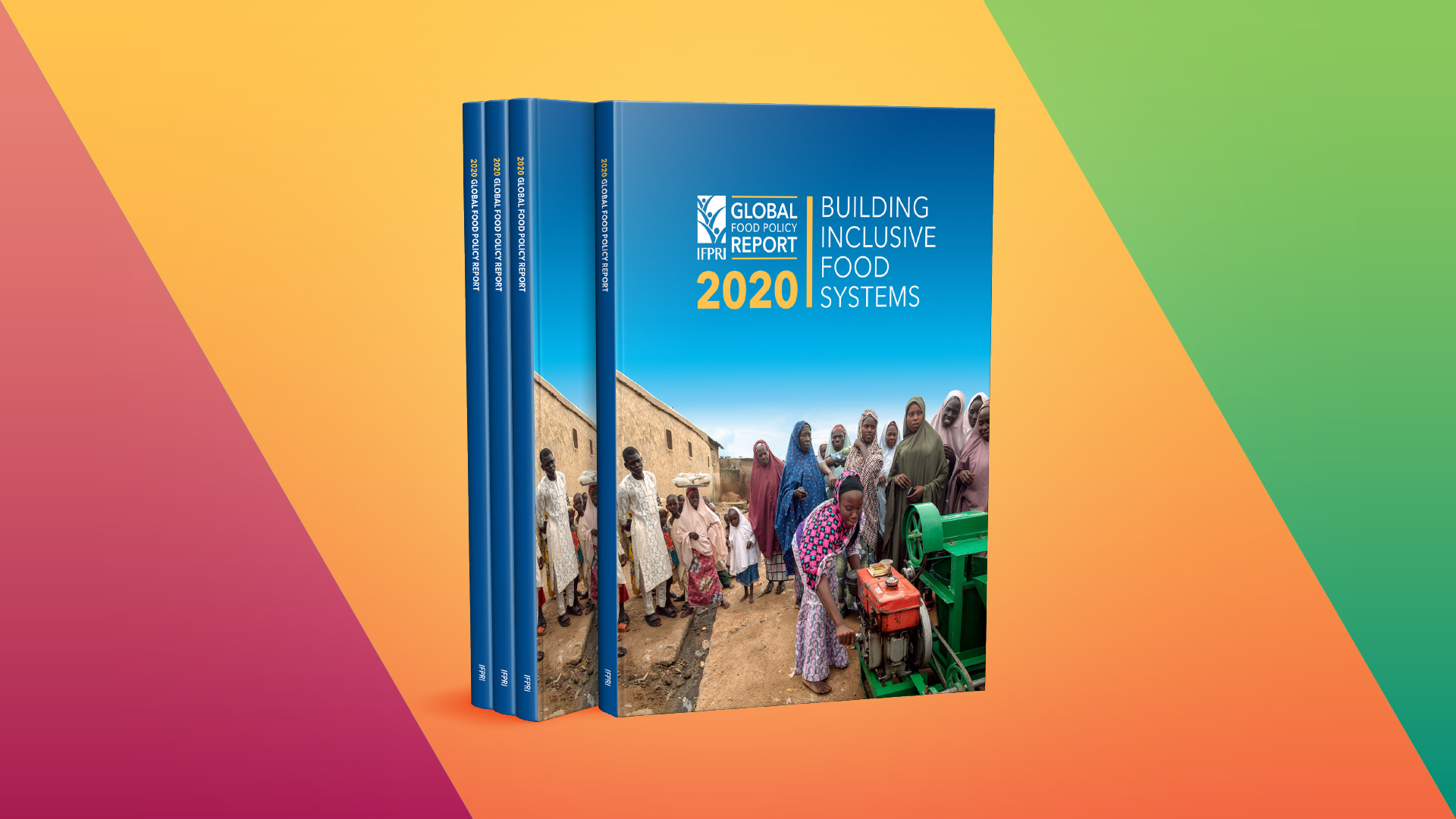“Everything We Do Is Democracy”: Women and Youth in Land Rights Social Mobilization in Cambodia
Cambodian human rights organizations estimate that more than half a million people have been affected by land rights issues. Land conflict in Cambodia is a clear manifestation of structural violence affecting communities which are almost exclusively low income and home to indigenous and ethnic minorities. This article explores the complex interplay of actors, particularly women and youth, in land rights social mobilization (LRSM) in Cambodia, focusing on urban Boeung Kak Lake and rural Areng Valley.


